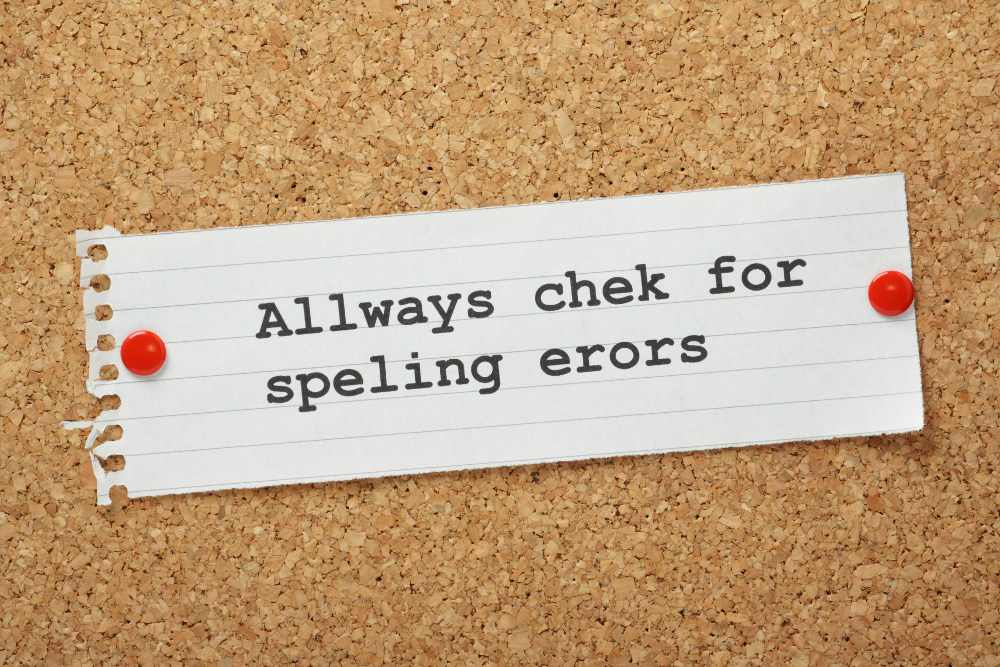Many parts of the Hebrew Bible are “acrostic”, which simply means that each new line begins with the next letter of the Hebrew alphabet. However, one such Psalm appears to contain an embarrasing mistake – it actually skips a letter! This would be a glaring mistake for those who read the Scriptures in the original language. Bible critics might rush to celebrate this apparent mistake, but if we look carefully, we will see that this skipping of a letter was no mistake at all!
Before we look into the issue of the ‘typo’ of Psalm 145, let’s first gain a better understanding of how acrostic texts work by looking at some other well known portions of Scripture.
Prov 31:10-31 starts each line with the next letter of the Hebrew alphabet as it describes the ‘virtuous’ woman. It uses the complete Hebrew alphabet – from beginning to end – to describe the perfect and complete woman.
While many are familiar with Proverbs 31 as a passage about women, fewer people realise that Psalm 112 is describing the blessed and perfect man. It also uses the whole alphabet to describe this complete and perfect man.
The book of Lamentations is also acrostic and uses the complete Hebrew alphabet as it describes the complete judgment and fullness of sorrow surrounding Jerusalem’s destruction in the days of Jeremiah the prophet.
Psalm 119 is the most famous acrostic text in the Bible, dedicating 8 verses to each new letter of the alphabet. This is no mean feat – compare this to the effort required to write a song in English having 8 lines beginning with each letter, including the letters x and y! Psalm 119 uses the whole Hebrew alphabet as it describes the complete perfection of God’s law and ways.
Solving the Psalm 145 Mystery
Having looked at these texts, let us examine Psalm 145. This Psalm also uses the whole alphabet to start each line, until it suddenly and inexplicably in verse 14 skips one letter – the letter nun. Nun (the equivalent of our English letter ‘n’) is the first letter of the common Hebrew word ‘nafal’ – meaning ‘to fall’. (Note the Biblical word ‘nephilim’ – the fallen ones – comes from the same word ‘nafal’).
We all have times in our lives when we have fallen and missed God’s ways – times symbolised by the nun letter. As we look back over our mistakes, we can feel shame, guilt and regret. But in this Psalm God skips the nun. We know from 1 John 1:9 that He is faithful to forgive and cleanse us as we confess our sins. Having been cleansed from our sins, our life history in God’s eyes is as if we were perfect all along. Could this be why the letter nun is skipped?
Verse 14, instead of starting the first word with the letter ‘nun’, starts with a word using the next letter of the Hebrew alphabet. This word means “to support or lift up”. The verse says “The Lord supports and lifts up those who fall (nafal)”. The letter nun is used after all, but only after describing how God is the one who lifts and supports us.
I believe that the skipping of the letter nun in this Psalm is no accident – and that the author is cleverly using the Hebrew language to bring home to us the fact that as God looks at the entirety of our lives (as symbolised by the whole alphabet) – He no longer sees the mistakes of our past. He lifts us up and leaves behind the ‘nun‘ moments of our lives. As we confess our sins to Him, He cleanses us, He lifts us up and He upholds us. We no longer need to be ashamed of our past – it has been wiped clean by the Blood of the Lamb and it no longer exists in the heavenly records of our lives.

Enoch Lavender was born in Australia, raised in Norway, spent time living in China and is now based in Melbourne, Australia. He has been studying Hebrew and the Jewish roots of our faith for the past decade, and has a keen interest in the Middle East from a Bible prophecy perspective.



